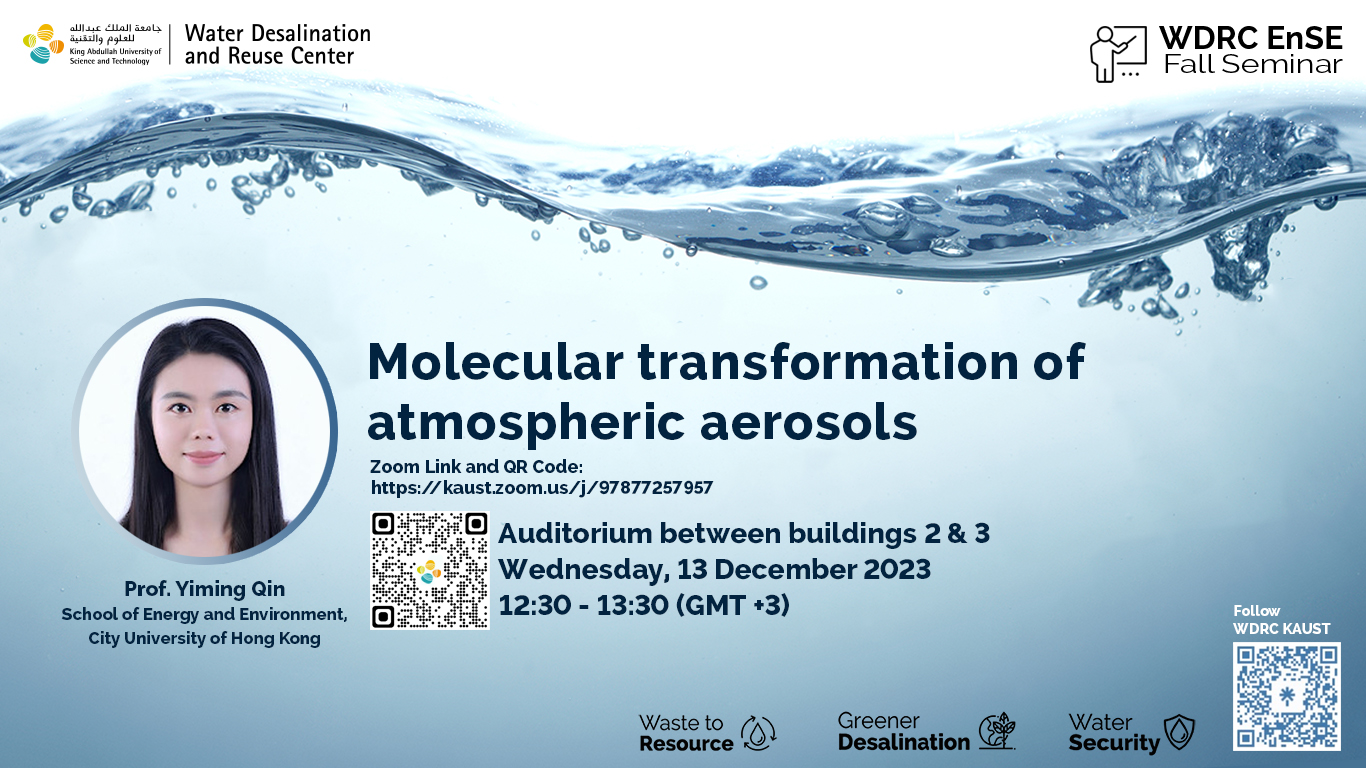



Air pollution and climate change continue to pose ongoing environmental challenges at both regional and global levels. In particular, atmospheric aerosol particles significantly impact air pollution, human health, and the global climate. However, due to the chemical complexity of aerosol particles and associated reactivity and physical properties, a comprehensive understanding of the transformation and overall impacts of atmospheric particles still needs improvement. In this talk, I will discuss the important sources and atmospheric processes that affect aerosol particle chemical composition from field measurements and laboratory studies. I will also discuss our recent mass spectrometry technique development on the “Magic” ionization, which does not use an external ionization source for the real-time surface molecular characterization of sub-micron organic particles on the fly and the detection of the labile organic peroxides, which has been problematic to detect for decades. These results provide a way forward for the molecular understanding of atmospheric organic particles and the role of organic particles in air pollution, human health, and global climate change.
Yiming Qin is an Assistant Professor in the School of Energy and Environment at the City University of Hong Kong. Prof. Qin obtained her Ph.D. from Harvard University in 2021, MPhil from The Hong Kong University of Science and Technology, and BSc from Shandong University, China. Before joining the CityU, she worked as Postdoc Fellow at the University of California Irvine. Prof. Qin’s research focuses on the chemical transformation of atmospheric aerosol particles and their impacts on air pollution and climate change. She uses interdisciplinary approaches to unravel the complexities of aerosol gas-particle interaction, including analytical method development, laboratory experiments, field campaigns, and machine learning. She was selected as Carnegie Mellon University Civil and Environmental Engineering Rising Star (launched at MIT) in 2022, and Seventeenth Atmospheric Chemistry Colloquium for Emerging Senior Scientists (ACCESS XVII) in 2023.